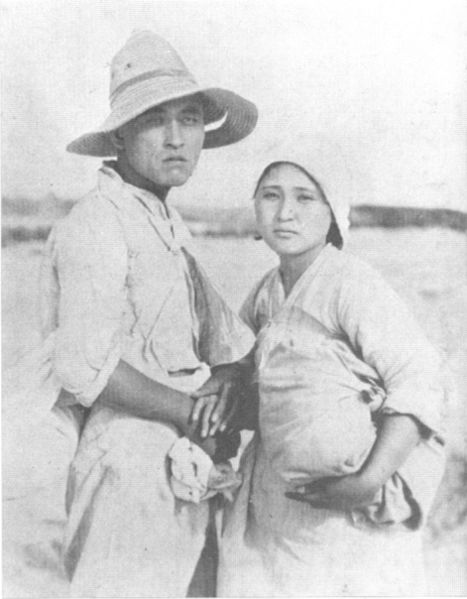Infinite photos and videos for every Wiki article ·
Find something interesting to watch in seconds
Sports
Celebrities
Crown Jewels
Wonders of Nature
Countries of the World
Kings of France
Great Museums
Great Artists
Largest Empires
Best Campuses
Great Cities
Ancient Marvels
Tallest Buildings
World Banknotes
Orders and Medals
Supercars
History by Country
Famous Castles
Largest Palaces
Animals
Richest US Counties
Presidents
Wars and Battles
British Monarchs
Rare Coins
Recovered Treasures
more top lists




